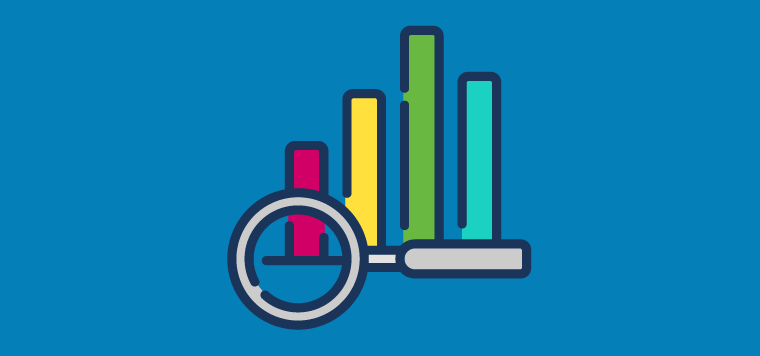How Your Cleaning or Security Company Can Maximize Data Through Reporting
Shared data from your software system can help your company increase efficiencies, improve processes and gain visibility over your entire organization.
Without transparent and trusted data, it’s difficult to gauge your company’s performance or create repeatable, efficient process to standardize. Having sound data is just the first step in the equation. You must be able to leverage it to your advantage, as well as maximize data through reporting. That’s why a robust reporting functionality, along with business intelligence and analytics, within your software solution is crucial for your cleaning or security company’s long-term success.
The power of shared data from your software system is invaluable. Use these three tips to help you identify the types of reporting you should look for in your software solution and how to apply data to your processes in a way that sets your company up for success.
1. Make sure your solution is flexible enough for your needs
Your business is unique and may require insight from data that isn’t ready-made. Look for a solution that supports build-your-own reporting functionalities in addition to comprehensive out-of-the-box reports. Common ready-made reports should cover your scheduling, payroll, financial, human resource, inspection and supply chain needs. Use custom, build-your-own reporting to fill any gaps.
2. Leverage exception-based reporting as a lookout against red flags
Exception-based reporting is a function that highlights outliers in your data, helping you recognize any red flags in your operations as they come up. This type of reporting is important day-to-day as a tool to help avoid overtime or ensure shift fulfillment, for example, and should operate in the background of your system and offer insights when issues need addressing. It’s also crucial for more unpredictable moments, changes in the economy, or sudden fluctuations in client demands that may impact the way you fulfill service agreements.
3. Remember: data is important to everyone in your organization
Data is important to every department of your organizational chart. Look for a holistic software solution that can provide data across the entire scope of your organization. From field-based workers, like cleaners and guards, who look at data like daily itineraries of work, to managers that look at time sheets and master schedules, to C-Suite executives who need to see the bigger business performance picture, everyone is involved in data management, whether they realize it or not.
For additional tips on how your company can maximize data through reporting, download our reporting tip sheet or watch our on-demand Data Technology Webinar.
